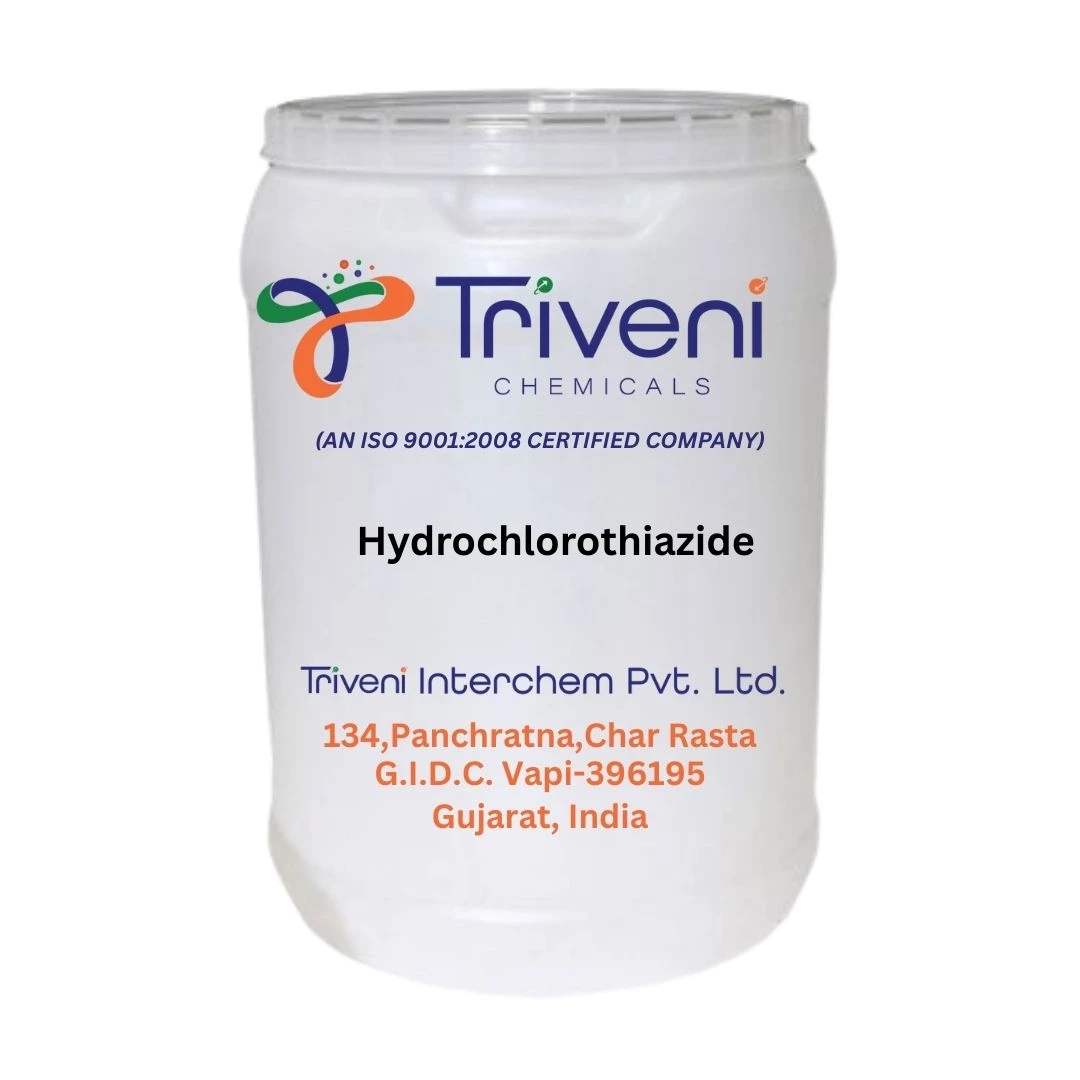Elevated pressure in the arteries is a persistent medical disease called hypertension, or high blood pressure. It poses a serious danger for a number of cardiovascular conditions, such as heart failure, strokes, and heart attacks. Millions of people worldwide suffer with this illness, which frequently needs to be managed continuously..
Elevated pressure in the arteries is a persistent medical disease called hypertension, or high blood pressure. It poses a serious danger for a number of cardiovascular conditions, such as heart failure, strokes, and heart attacks. Millions of people worldwide suffer with this illness, which frequently needs to be managed continuously to lower the risk of consequences.Systolic and diastolic blood pressure are the two figures used to measure blood pressure. The force produced by the heart contracting and forcing blood through the arteries is known as diastolic pressure, and the force produced by the heart relaxing in between beats is known as systolic pressure. Generally speaking, a normal blood pressure reading is 120/80 mmHg. On the other hand, blood pressure that regularly registers at 130/80 mmHg or above is considered hypertension.Primary (or essential) hypertension and secondary hypertension are the two main forms of hypertension. The most prevalent kind, primary hypertension, gradually worsens over time and has no apparent reason. Primary hypertension can be caused by aging, heredity, unhealthy lifestyle choices (such as smoking, poor food, and lack of exercise), and other factors. On the other hand, secondary hypertension results from an underlying illness such kidney disease, hormone imbalances, or certain drugs. In order to effectively manage secondary hypertension, the underlying cause must be found and treated.Uncontrolled hypertension can have serious repercussions. The arteries may become less elastic and more vulnerable to plaque accumulation as a result of the elevated pressure (atherosclerosis). This increases the risk of heart attacks and strokes by narrowing the arteries and limiting blood flow to essential organs including the heart and brain. Changing one's lifestyle and, occasionally, taking medication are necessary for managing hypertension. A healthy lifestyle include eating a diet high in fruits, vegetables, whole grains, and lean proteins; cutting back on sodium; exercising frequently; keeping a healthy weight; consuming less alcohol; and giving up smoking. These adjustments can assist in lowering blood pressure and lowering the chance of problems.Medication may be recommended for people with more severe hypertension or those who are at a higher risk of consequences. Antihypertensive medications fall into multiple categories, such as beta-blockers, ACE inhibitors, ARBs, calcium channel blockers, and diuretics. The selection of a drug is contingent upon several aspects, including age, general health, and possible adverse effects. For those with hypertension, routine blood pressure monitoring is crucial for tracking improvement and making any modifications to treatment regimens. Through a mix of medicine and lifestyle modifications, people can effectively manage their hypertension, thereby lowering their risk of cardiovascular disease and leading better lives.



